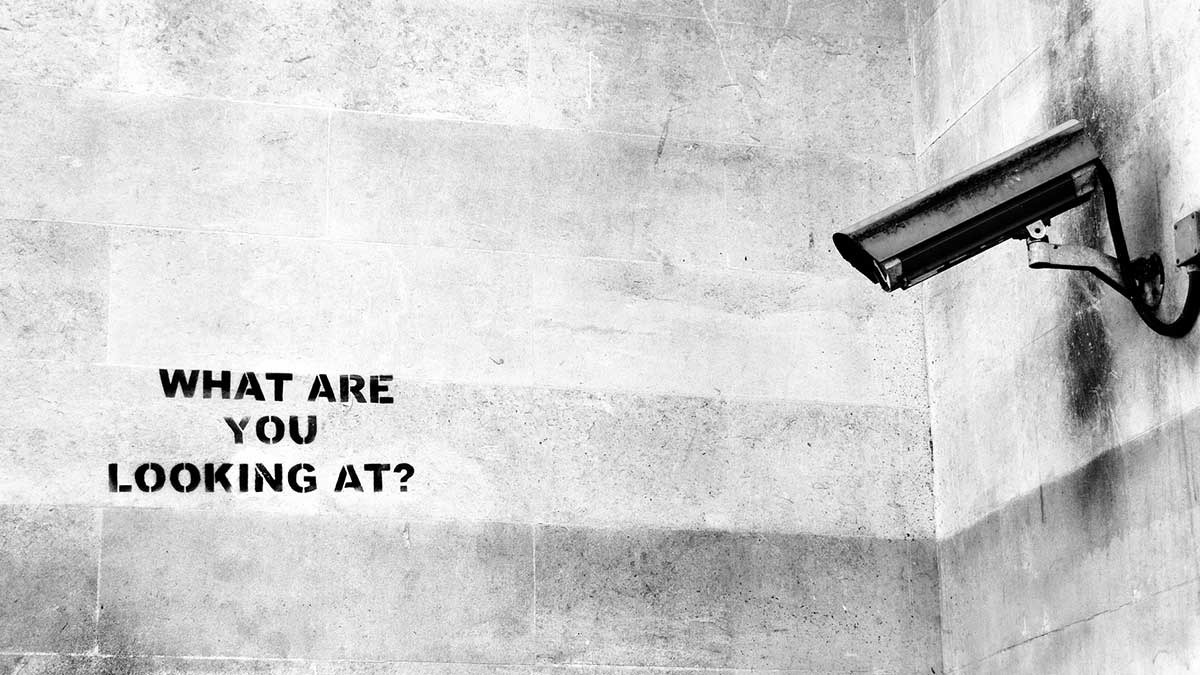A group of which Apple is a key member is "aggressively" lobbying the Trump administration and others in pursuit of a federal privacy law, with the goal of shortcircuiting a California law and creating something corporate-friendly, according to a report.
"We are committed to being part of the process and a constructive part of the process," said Dean Garfield, president of the Information Technology Industry Council, which also counts the likes of Amazon, Facebook, Google, Intel, and Microsoft among its members, according to the New York Times. "The best way is to work toward developing our own blueprint."
In June, California — home to many ITIC members — passed a law taking effect in 2020 that will give people the right to know what data tech firms are collecting about them, why they need it, and with whom they're sharing it. While imposing strict demands, Times sources noted that companies are additionally worried about having to deal with a "patchwork" of rules varying from state to state.
Until Facebook lobbyist Joel Kaplan raised the threat at an ITIC board meeting in May, companies were said to split on privacy laws. Firms like IBM and Salesforce were okay with tougher requirements, but ones that depend on advertising, such as Facebook and Google, were reportedly against any and all new privacy regulations. Apple presumably fell on the former side, since its primary business is hardware and the company has maintained a pro-privacy stance, even using it as a marketing tool.
The May meeting marked a turning point, as Facebook and Google allegedly warmed up to a federal privacy law as long as they had a chance to influence it.
In July David Redl, the head of a Commerce Department division working on privacy, said that the administration's "commitment to prosperity will be our guide," and that the industry is "rightfully concerned about the potential for a fractured and stifling regulatory landscape."
In a separate statement, White House deputy press secretary Lindsay Walters said that the administration wants to work with Congress on rules that find "the appropriate balance between privacy and prosperity." It's hoping to have an outline ready by the end of 2018, though that could be delayed because of the number of federal bodies likely to get involved.
ITIC, the Internet Association, and the U.S. Chamber of Commerce are in fact pushing for a highly lenient stance involving voluntary guidelines, rather than strict rules with penalties for breaking them. In the meantime the California Chamber of Commerce and other business groups have been pressuring California legislators, hoping to secure last-minute edits to soften that state's privacy campaign.
 Roger Fingas
Roger Fingas







-m.jpg)






 Charles Martin
Charles Martin
 Christine McKee
Christine McKee
 Wesley Hilliard
Wesley Hilliard
 Malcolm Owen
Malcolm Owen
 Andrew Orr
Andrew Orr
 William Gallagher
William Gallagher
 Sponsored Content
Sponsored Content








11 Comments
The federal government has no power to create laws on privacy. The US Constitution implicitly protects the right to privacy, as has been affirmed by several SCOTUS rulings. The federal government has absolutely no power to violate said privacy in the first place, so any “law” on it will be either unconstitutional or just general overreach.
Sickening that basic human rights now need to be fought for in America.
The Right to Privacy is not specifically defined in the constitution but vaguely alluded to in the Bill of Rights and has some, albeit small implied, weight by a few SCOTUS rulings. This is still very controversial and could well wind up being regulated by our government. Our government has consistently taken control of things that would seem to be outside their scope of authority. I choose to consider this another such threat.
Good reading:
http://law2.umkc.edu/faculty/projects/ftrials/conlaw/rightofprivacy.html
https://constitution.laws.com/right-to-privacy
https://www.usconstitution.net/constfaq_q113.html
Wiki also has a good brief on this issue: https://en.wikipedia.org/wiki/Right_to_privacy
Good lord, no! Keep the Feds out of it. What Apple wants here is a set of standards so they will be protected from liability. I understand that point of view, but it’s wrongheaded in the extreme.